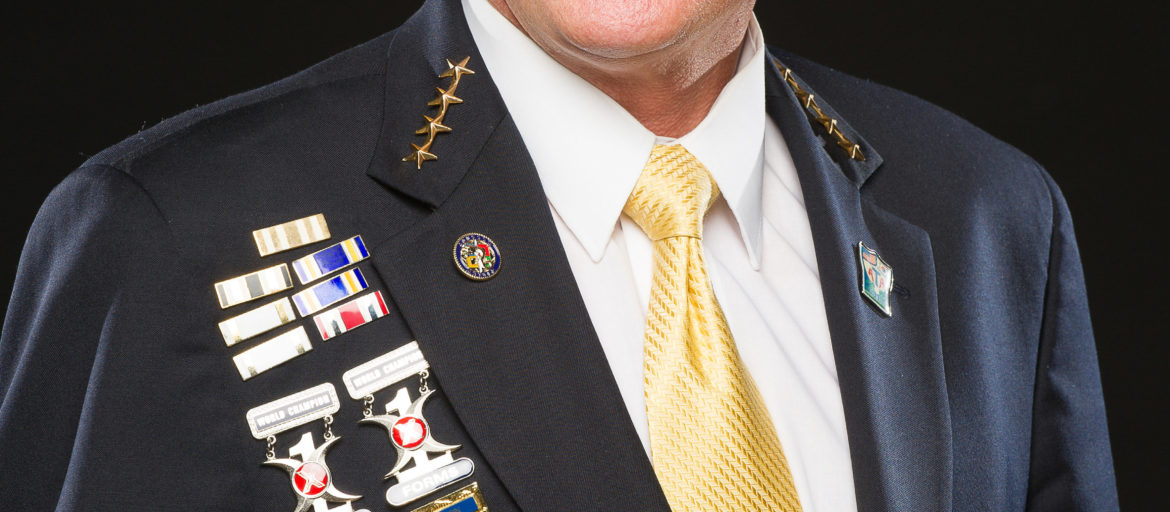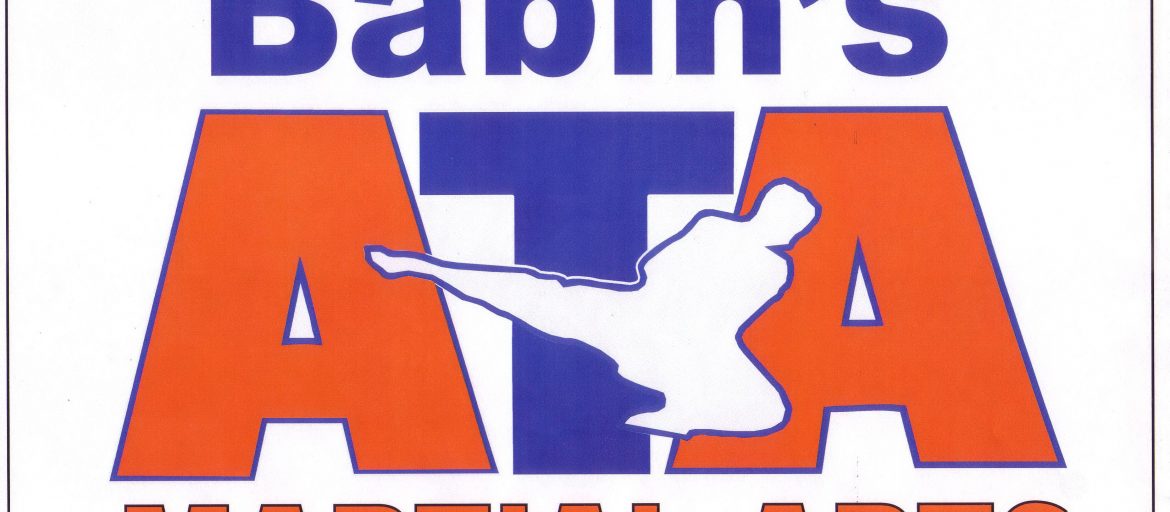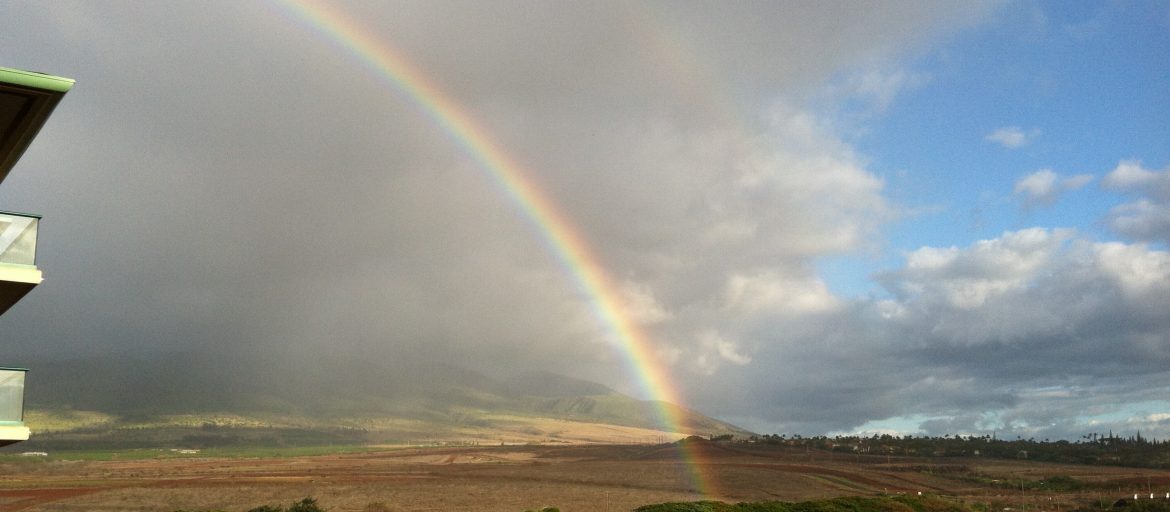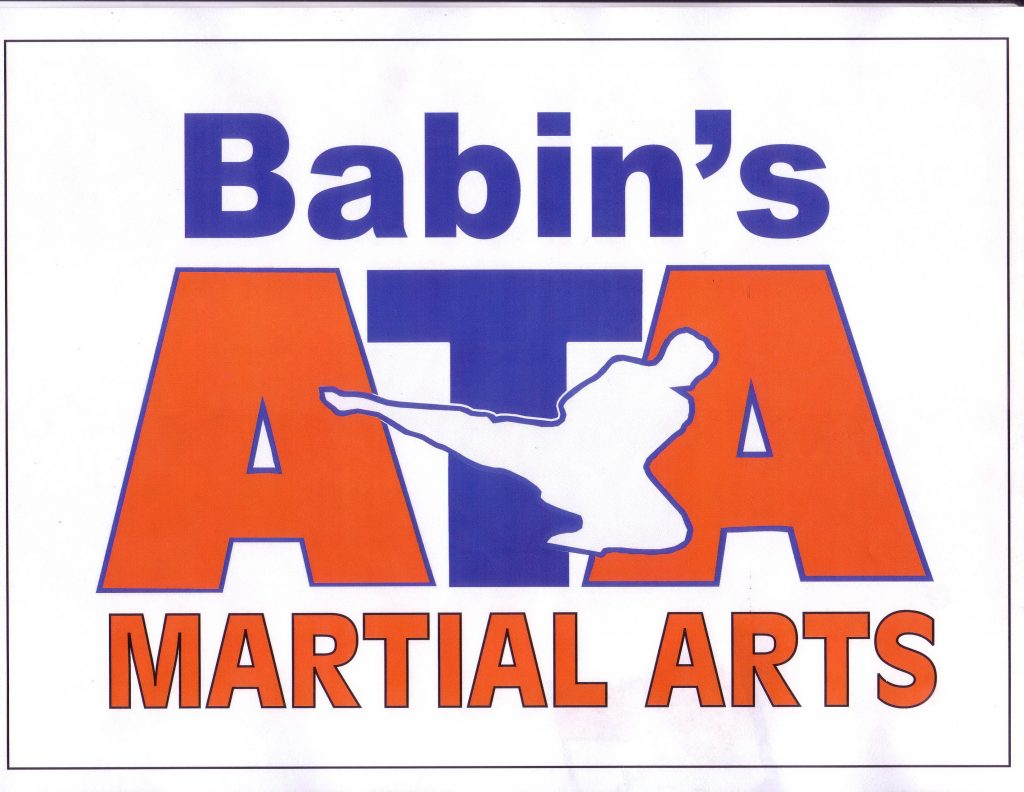What is honor?
I came across this story a couple of years ago and it really stuck with me. I have never been in the army or in combat of any kind. So it seems that I have no right to offer any opinion. So I’m just going to put the story here for you to think about and consider these questions:
- Is there morality in war?
- Is killing OK because it is in the context of war?
- Is there an alternative to war?
And I recommend you also visit this interesting site,
Who was Hugh Thompson?
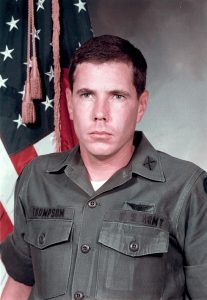 Hugh Clowers Thompson Jr. (April 15, 1943 – January 6, 2006) was a United States Army Major, and a former warrant officer in the 123rd Aviation Battalion of the 23rd Infantry Division. He is credited with ending the Mỹ Lai Massacre of the South Vietnamese village known as Sơn Mỹ on March 16, 1968, alongside Glenn Andreotta and Lawrence Colburn.
Hugh Clowers Thompson Jr. (April 15, 1943 – January 6, 2006) was a United States Army Major, and a former warrant officer in the 123rd Aviation Battalion of the 23rd Infantry Division. He is credited with ending the Mỹ Lai Massacre of the South Vietnamese village known as Sơn Mỹ on March 16, 1968, alongside Glenn Andreotta and Lawrence Colburn.
What happened at My Lai in 1968?
During the massacre, Thompson and his Hiller OH-23 Raven crew, Glenn Andreotta and Lawrence Colburn, stopped a number of killings by threatening and blocking American officers and enlisted soldiers of Company C, 1st Battalion, 20th Infantry Regiment, 11th Brigade, 23rd Infantry Division. Additionally, Thompson and his crew saved a number of Vietnamese civilians by personally escorting them away from advancing United States Army ground units and assuring their evacuation by air. Thompson reported the atrocities by radio several times while at Sơn Mỹ. Although these reports reached Task Force Barker operational headquarters, nothing was done to stop the massacre. After evacuating a child to a Quảng Ngãi hospital, Thompson angrily reported to his superiors at Task Force Barker headquarters that a massacre was occurring at Sơn Mỹ. Immediately following Thompson’s report, Lieutenant Colonel Frank A. Barker ordered all ground units in Sơn Mỹ to cease search and destroy operations in the village.
The Investigation
In 1970, Thompson testified against those responsible for the Mỹ Lai Massacre. Twenty-six officers and enlisted soldiers, including William Calley and Ernest Medina, were charged with criminal offenses, but all were either acquitted or pardoned. Thompson was condemned and ostracized by many individuals in the United States military and government, as well as the public, for his role in the investigations and trials concerning the Mỹ Lai massacre. As a direct result of what he experienced, Thompson experienced posttraumatic stress disorder, alcoholism, divorce, and severe nightmare disorder.[1] Despite the adversity he faced, he remained in the United States Army until November 1, 1983, then continued to make a living as a helicopter pilot in the Southeastern United States.
The Aftermath
In 1998, 30 years after the massacre, Thompson and the two other members of his crew, Andreotta and Colburn, were awarded the Soldier’s Medal (Andreotta posthumously), the United States Army’s highest award for bravery not involving direct contact with the enemy.[2] Thompson and Colburn returned to Sơn Mỹ to meet with survivors of the massacre at the Sơn Mỹ Memorial in 1998. In 1999, Thompson and Colburn received the Peace Abbey Courage of Conscience Award.
–from Wikipedia
Bill Babin
is available to speak / teach / play music / consult at your
ministry / martial arts academy / convention / event
602.692.3723 bill@billbabin.com
